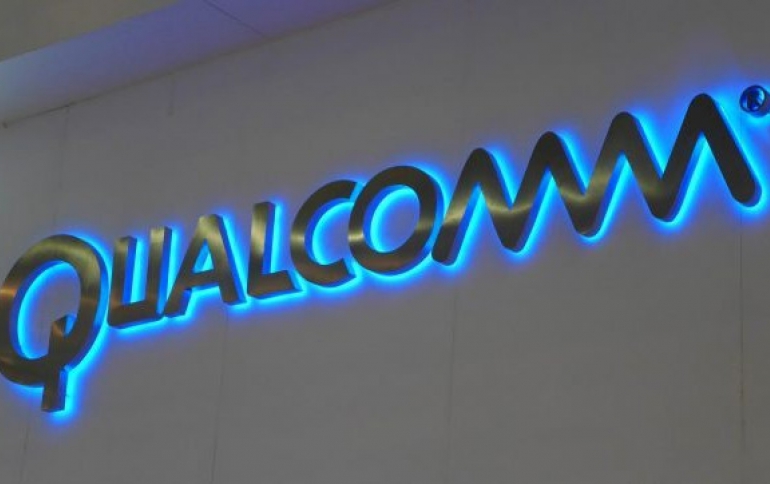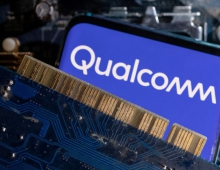
Qualcomm Vs. FTC Trail Kicks Off
The U.S. Federal Trade Commission’s antitrust case accusing Qualcomm of abusing a monopoly on mobile chip technology is heading to the courtroom on Friday for a trial whose outcome could have a major impact on the smartphone industry.
If the government prevails in the non-jury trial before U.S. District Judge Lucy Koh, in San Jose, California, Qualcomm could be forced to change its practices for licensing a trove of patents to manufacturers like iPhone maker Apple.
Apple has its own pending lawsuit making similar claims against Qualcomm.
The outcome of the case will have a major impact on any settlement discussions between Apple and Qualcomm.
Apple makes its own application processor but it relies on third-party chips for network connectivity. From the iPhone 4S in 2011 to the iPhone 6S and 6S Plus in 2015, the sole supplier for those chips was Qualcomm. The following year, Apple started using Intel modems in some models of the iPhone 7 and 7 Plus, but it still used Qualcomm in versions for Verizon and Sprint. Apple's latest phones now only use Intel 4G chips.
Qualcomm derives a significant portion of its revenue from licensing those inventions to hundreds of device makers, with the fee based on the value of the phone, not the components. Because Qualcomm owns patents related to the 3G, 4G and 5G networking technology -- as well as other features like software -- all handset makers building a device that connects to cellular networks have to pay it a licensing fee, even if they don't use Qualcomm's chips.
The FTC’s 2017 lawsuit alleged San Diego-based Qualcomm maintains an anticompetitive “no license, no chips” policy under which it only supplied processors to phone manufacturers if they agree to inflated patent licensing terms.
The agency also said Qualcomm pushed Apple into an anticompetitive deal in which the iPhone maker received financial rebates in exchange for only buying Qualcomm’s chips, undermining competition from Intel.
Qualcomm has argued it achieved market dominance through technical leadership, and that its patent licensing rates were reasonable.
The FTC “seeks to enjoin legitimate, procompetitive business practices that facilitated the growth of a phenomenally successful industry that bears all the hallmarks of healthy and vigorous competition,” Qualcomm said in a Dec. 31 court filing.
Samsung in May 2017 filed an amicus brief that supported the FTC's suit. It's one of Qualcomm's biggest customers, but it also competes with the company when it comes to mobile chips.
Samsung said in its filing that Qualcomm agreed to fairly license its technology if standards bodies adopt tech that required the use of Qualcomm patents. But the South Korean company said Qualcomm hasn't kept its side of the bargain. Instead of licensing its standard essential patents to rival chipmakers, it only gives licenses to handset manufacturers.
Intel also filed an amicus brief in support of the FTC's case against Qualcomm.
"Although Qualcomm has driven nearly all of its competitors out of the premium LTE chipset market, Intel has not thrown in the towel," it said in a court filing.
How does Qualcomm's licensing business work?
Qualcomm’s business practices have also been investigated by regulators in South Korea, China, Taiwan, and Europe. Qualcomm has accused Apple of driving those regulatory actions.
European antitrust officials hit Qualcomm with a 997 million euro ($1.14 billion) fine in January 2018, saying the firm unlawfully paid billions of dollars to Apple so it would not buy from rivals. Qualcomm has appealed the determination.
Apple and Qualcomm are also locked in a global legal dispute. After Apple brought its antitrust case, Qualcomm responded by accusing Apple of using patented technology without authorization.
In December Qualcomm won rulings limiting iPhone sales in Germany and China.





















